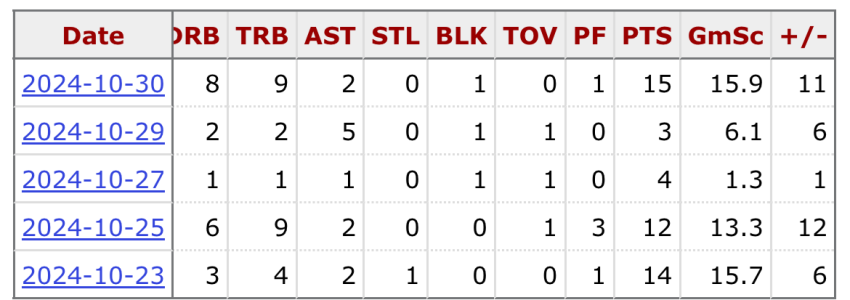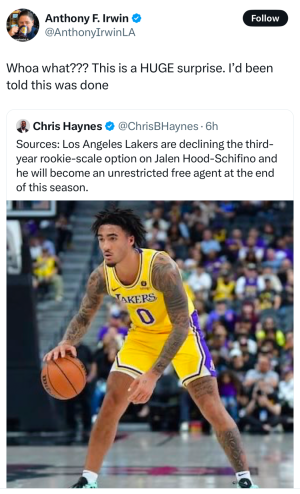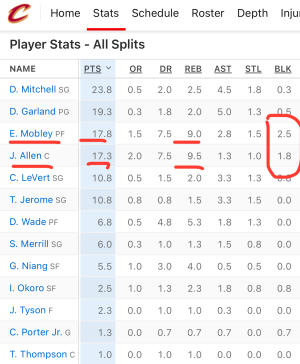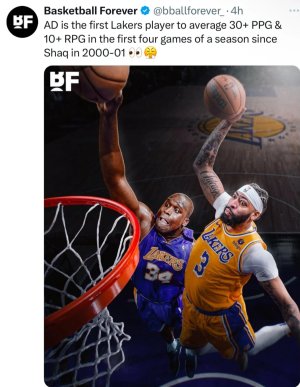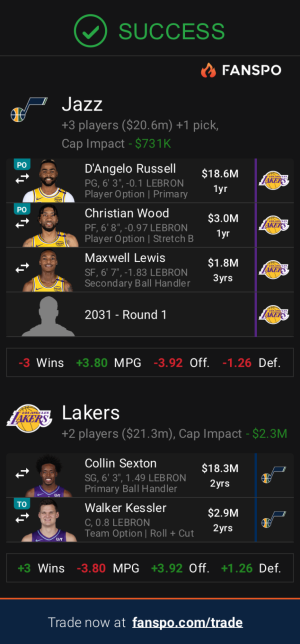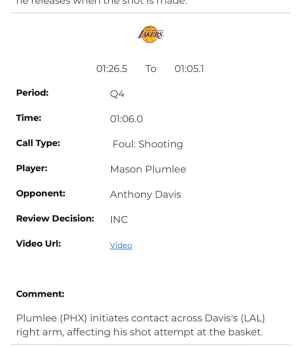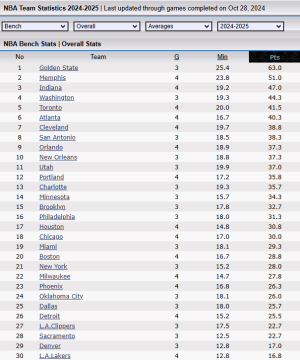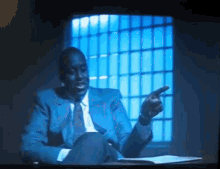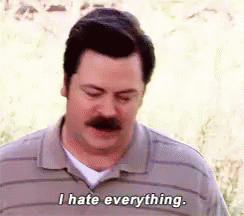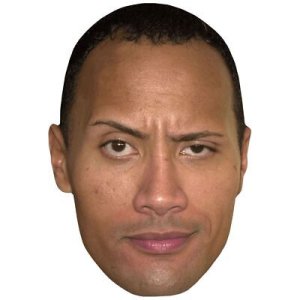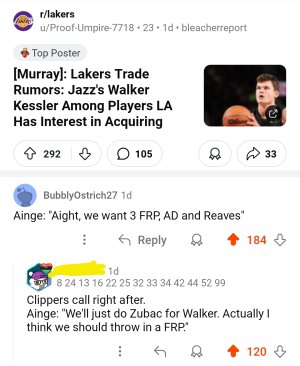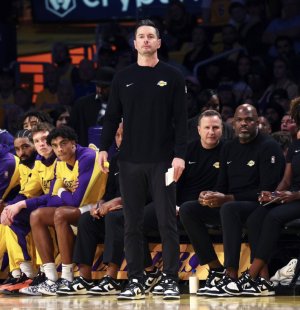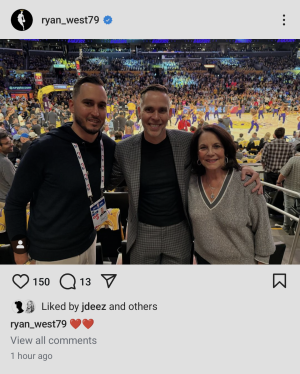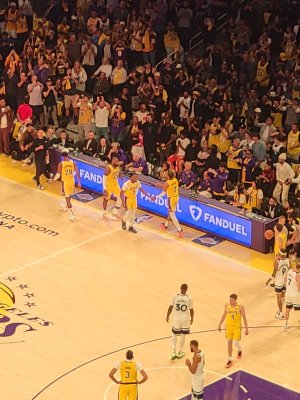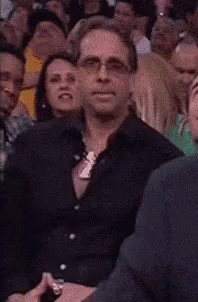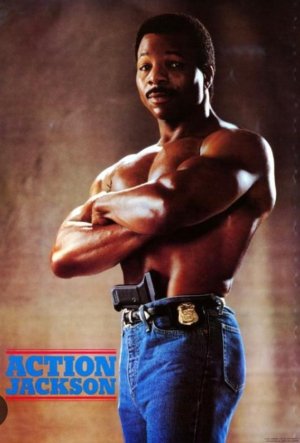Gasol to the Lakers and the hard cap: Explaining what happened and why (Sun. 8:25 p.m.)
Lakers, Cavs, Raptors: So let’s try to explain what happened with the Lakers tonight, and how the Cavaliers and Raptors figured into it.
Hemmed in by the hard cap because they used their full mid-level exception on Montrezl Harrell, as I wrote last night, the Lakers really painted themselves into a corner. All they could do for their last four contracts was sign players for the $1.6 million veteran’s minimum, because any other amount would put them over the hard cap of $138.9 million.
Here’s the problem: The Lakers wanted to sign Marc Gasol to a two-year minimum deal. And as a veteran with at least 10 years of service, Gasol’s contract would count as $2.65 million on a two-year deal. The Lakers’ margins were so tight that it was impossible for them to come up with the extra million.
Well, unless they traded somebody. And in particular, if they traded somebody in a way that not only saved money, but also turned one player into two. By virtue of doing so, they would have one less roster spot to fill and more money to do the filling.
Enter JaVale McGee, who makes $4.2 million this season. The Lakers canvassed the league and found a team in Cleveland that had two fungible, cheap contracts ($1.76 million for both Jordan Bell and Alfonzo McKinnie), and would take on McGee in return for those players and a second-round pick.
Since both players had non-guaranteed deals, there was another technicality. The Lakers will need to guarantee $637,204 of one player’s salary and the entirety of the other, which gives them some in-season flexibility to waive one of these two players and sign a buyout guy. Alternatively, the player they give the small guarantee (likely Bell) could also be waived and stretched for a $212,402 cap charge, allowing the Lakers to sign another player for the $1.6 million minimum in his place.
The other key piece of this is that the Lakers should now be able to re-sign Markieff Morris at a 20% raises on his minimum contract, as a non-Bird free agent. That would get them up to a salary of $2,797,912 to bring Morris back, and as with Gasol above they can offer him a second year with a player option as part of the deal.
After all this, the Lakers will have one open roster spot and about $3.7 million left below the hard cap line, which would give them the leeway to offer another “one-plus-one” two-year minimum deal to a free-agent guard. (The backcourt is looking a bit thin right now). If they waive Bell, as noted above, that’s another spot, but it might not be big enough to allow a “one-plus-one’ two-year minimum.
At the end of all this the Lakers have Gasol instead of McGee, but it cost them a second-round pick and the addition of two back-end bench players that they didn’t really want. But L.A. did preserve just enough flexibility to bring Morris back and sign another guard. The Lakers should also have enough financial wiggle room in-season to fill that last roster spot for the second half of the season.

 He's not gonna put up a lot numbers wise but will be a net positive I think.
He's not gonna put up a lot numbers wise but will be a net positive I think.




